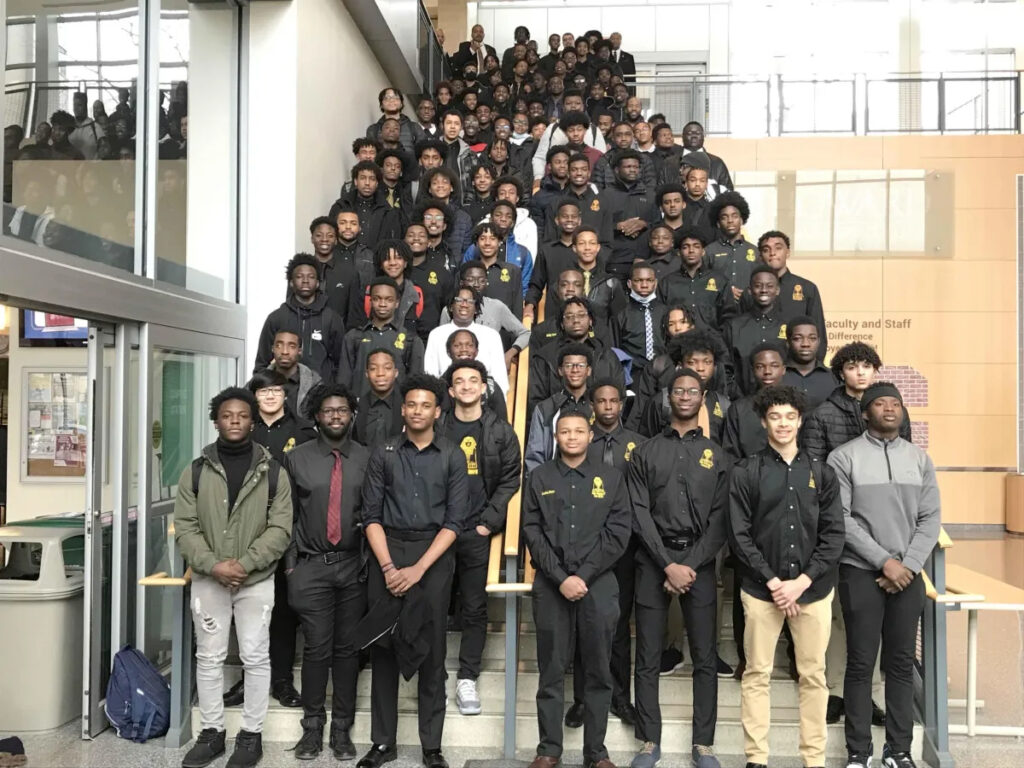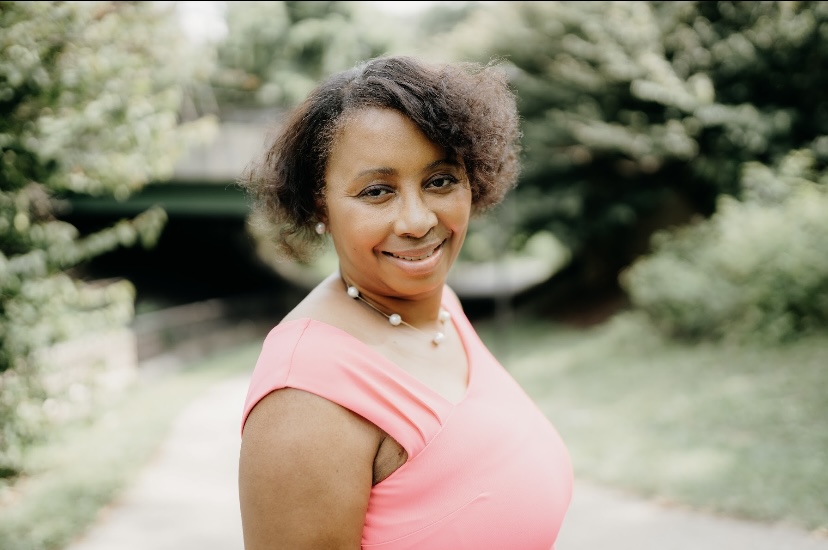By Tawanda W. Johnson

The high rate of Black youngsters taking their own lives is heart-wrenching. According to the American Academy of Child & Adolescent Psychiatry, suicide rates among Black youth have risen faster than in other racial/ethnic group during the past two decades, with suicide rates in Black males, ages 10-19 increasing by 60 percent.
“These are disturbing statistics, and we all need to come together to find practical solutions to reverse these negative trends,” said Kerry G. Johnson, vice president of Alpha Phi Alpha Fraternity, Inc., Kappa Phi Lambda Chapter, in Howard County, Md.
To combat the problem, the Alphas focused their annual Harambee Conference – which educates young Black men on crucial life topics – on strategies to cope with life’s stressors. About 150 young men from Howard County high schools attended the March 10 conference titled “Black Mental Health Matters” at Howard Community College. The attendees are participants in the fraternity’s Alpha Achievers program, which helps the young men achieve success in academics, careers and community service through mentorship with the fraternity’s members. The program’s advisers also attended the conference.
“We have a problem!” said the Rev. Dr. Matthew A. Quainoo, senior pastor at Solid Rock Community Church in Kissimmee, Fla., about the high rates of suicide among Black youth. “And where does this problem stem from? This is a problem of colonialism.”
Quainoo explained that, as a result of being enslaved, some Black men have bought into the notion that they don’t have a right to express themselves. “Men don’t cry. We tough it out,” he said.
Black men’s mental health has also been negatively impacted by toxic masculinity. Quainoo pointed out that men must find non-violent ways to solve conflict.
He also cautioned the young men about the perils of social media.
“We post the best and hide the rest,” he said.
“We are comparing ourselves to other people’s filters.”
As a result of trying to live up to false expectations, Quainoo said people are suffering in silence. “Don’t suffer in silence. It’s OK to not be OK, but it’s not OK to stay that way. There are specific, qualified individuals to help you.”
In addition to seeking counseling, Quaninoo urged the young men to eat healthily, exercise regularly and get plenty of sleep.
Dr. Kimberly Gordon-Achebe, a psychiatrist at the University of Maryland, who underscored that racism leads to mental health problems among Black youth, offered the attendees tips on how to respond to people who claim that Black people are racist.
“You should say, ‘I am anti-racist. I can’t be racist because I don’t have the power to keep people from getting a job.’”
During the conference’s afternoon session, James LeMon, executive director of Community, Parent and School Outreach for Howard County Public School System, encouraged the young men by sharing how he overcame challenges in high school. Although LeMon was a record-setting football player, he struggled with a low grade point average.
“I was often embarrassed, but I knew I needed assistance,” LeMon recalled.
With the help of guidance counselors and coaches, his academics improved. Later, LeMon became a teacher, principal, and eventually, assumed his current role.
Dr. Brandon J. Johnson, creator of The Black Mental Wellness Lounge YouTube channel https://www.youtube.com/c/theblackmentalwellnesslounge shared strategies on how the attendees can control their emotions while dealing with stresses in a society dominated by social media.
He explained that emotions can be learned, processed, changed, managed and protective. He added that it is OK to ask for professional help to control one’s emotions.

Leave a Reply